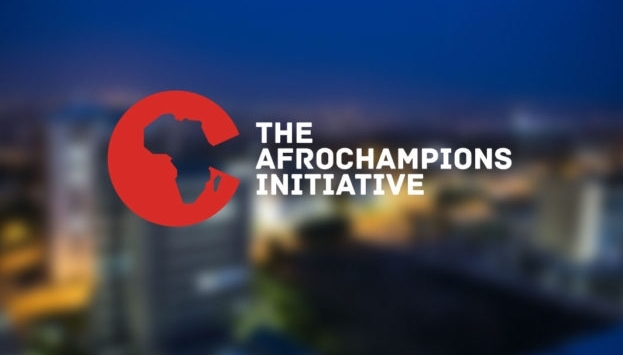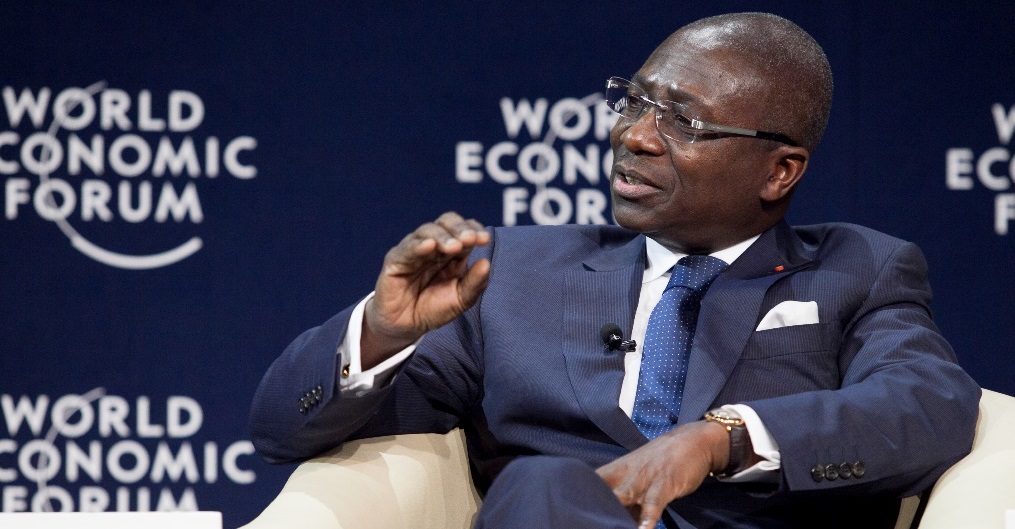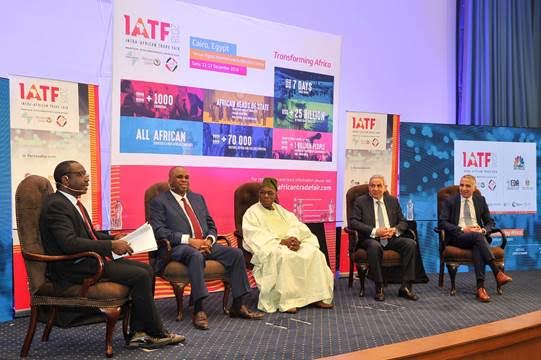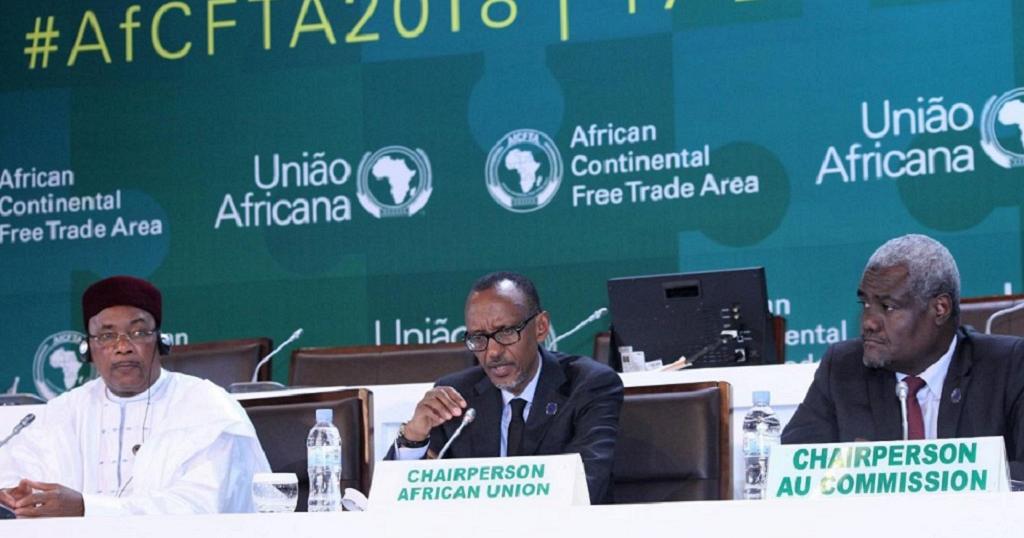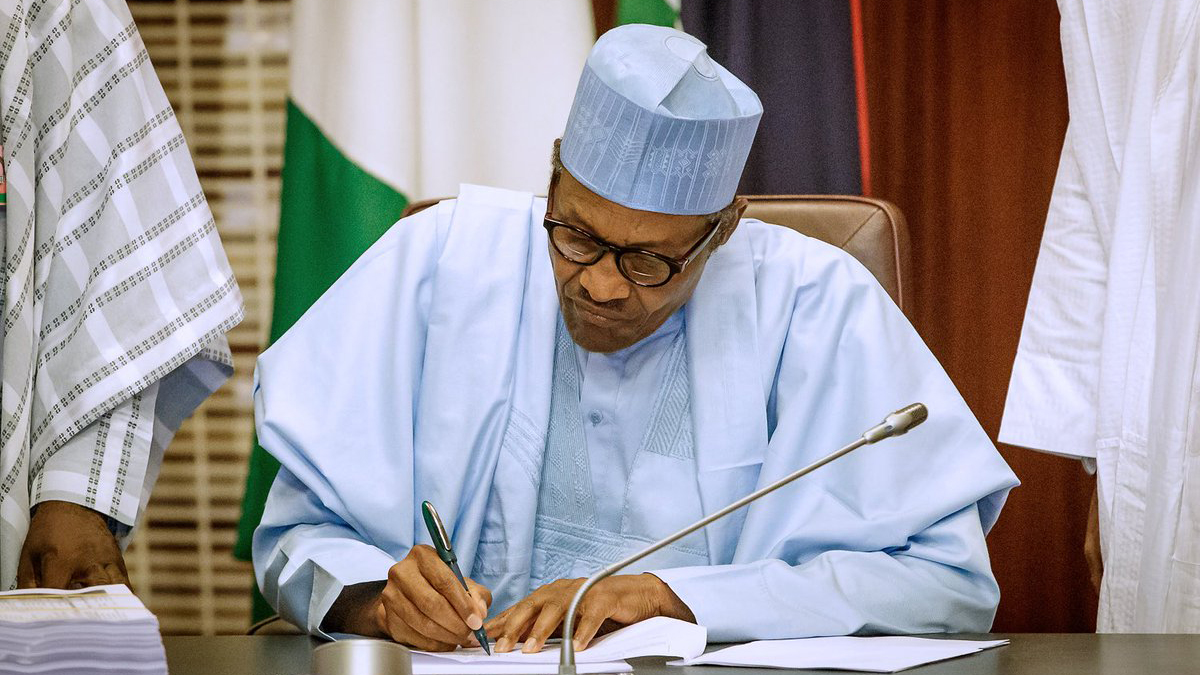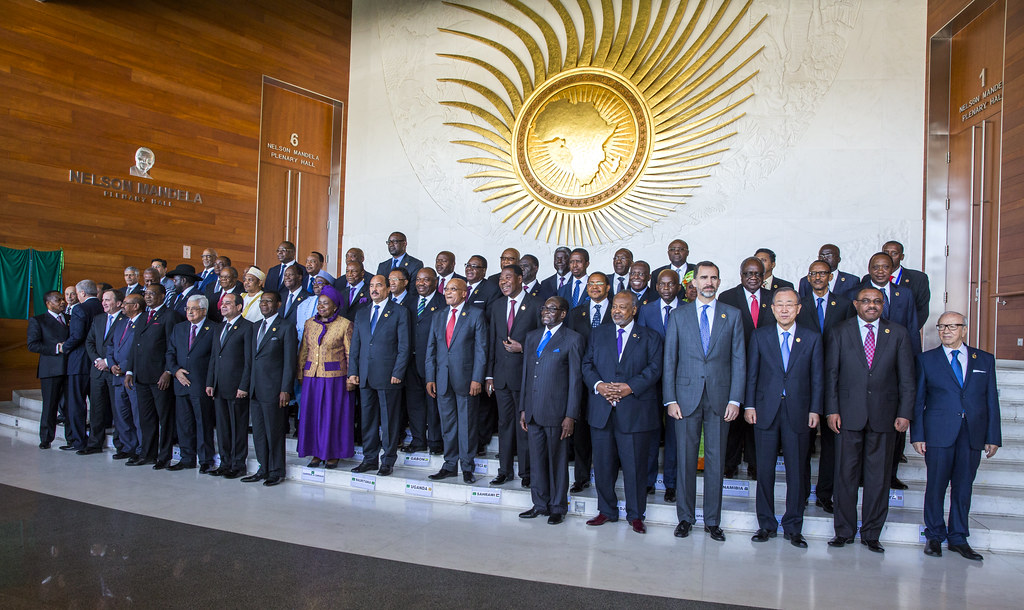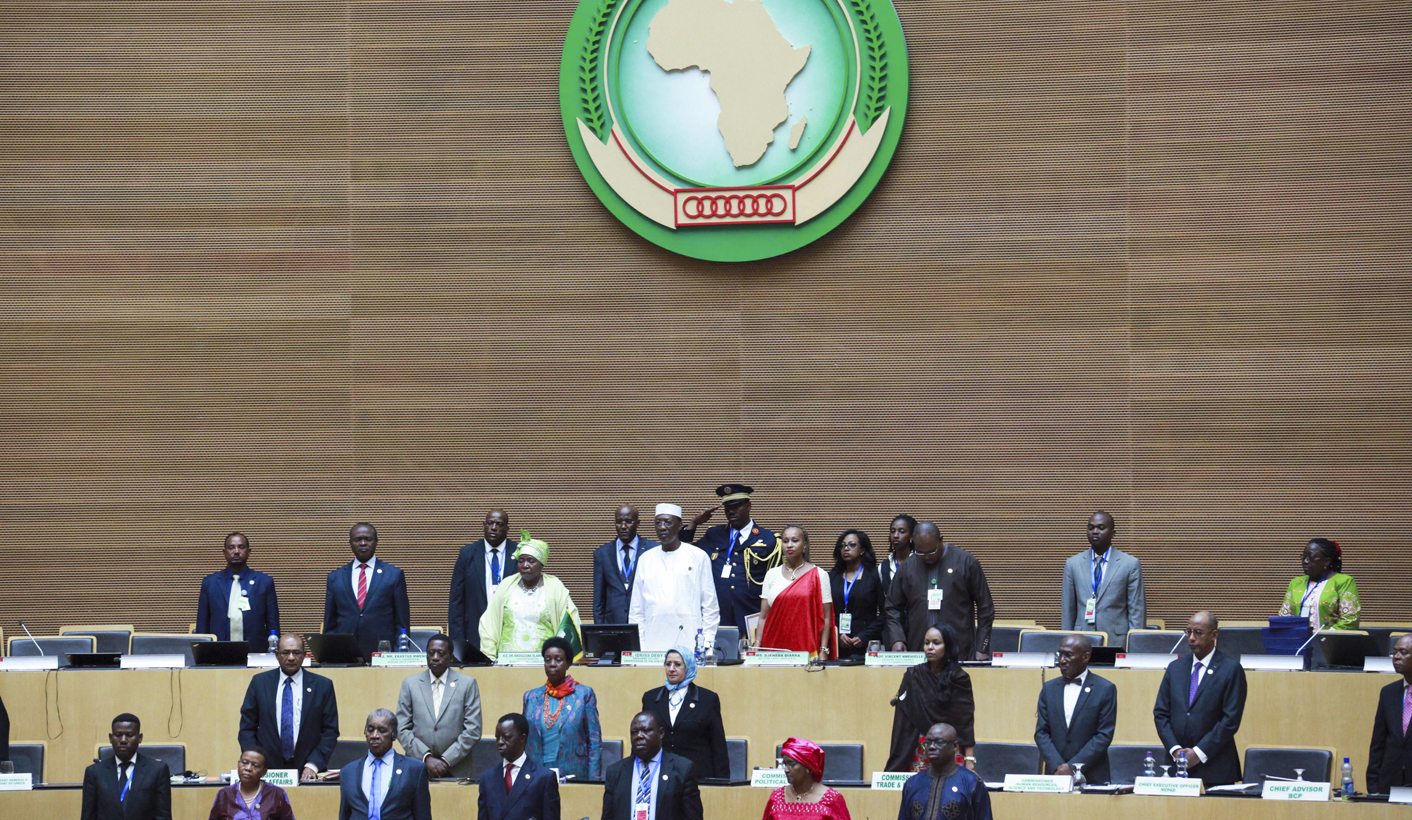Border Closures Across Africa Threatens AfCFTA
Officials of continental bodies such as the African Union (AU) African Development Bank (AfDB), African Export and Import Bank (Afreximbank) and the New Economic Partnership for Africa’s Development (NEPAD) have expressed worries at the rate some African countries are unable to settle conflicts with neighbouring countries thus resorting to border closures as first resort instead of last resort. This has become more worrisome especially as the Nigerian government has extended its border closures with Benin Republic which has affected trade and businesses across the West African sub-region, with its impacts felt even up to Sierra Leone.
Recently, other African countries have had to shut their borders for reasons ranging from diplomatic disputes, security concerns, health precautions and economic considerations among others. Before the action by the Nigerian government, similar actions were taken by Ethiopia, Kenya, Rwanda, Equatorial Guinea, Uganda, and Sudan. But the closure, especially by Africa’s biggest economy, Nigeria has been described by officials of the African Development Bank as a slap in the face of continent’s integration efforts.
Read also: Alomo Bitters Loses US$2m to Nigeria-Benin Border Closure
The recently signed African Continental Free Trade Agreement provides for the free movement of goods and persons across African countries. But with Nigerian government confirmation that it had closed its land borders indefinitely, barring all movement of goods, as it struggles to curb smuggling, it becomes clearer that the impact will last longer, even if the borders are opened today, says an official of the United Nations UNCTAD..
Speaking on the border closure, Nigeria’s Comptroller General of Customs, Col. Hameed Ali said that all goods for now are banned from being exported or imported through our land borders and “that is to ensure we have total control over what comes in. Ali added that “we are strategising on how best the goods can be handled when we eventually get to the point where this operation will relax for the influx of goods,” noting that it would still be possible for goods to cross at points equipped with special scanners.
Read also: Prof. Oramah Calls for Vehicles that Facilitate Cross-Border Trade in Africa
While the closure has no direct impact on Nigeria’s economically crucial oil exports, which are shipped out almost entirely via the nation’s seaports and offshore oil platforms. But it affects manufacturing especially products meant for West African markets, and also small and medium scale businesses that depend mostly on intra border trades for sustenance. The Customs Boss however maintained that reopening the borders would depend on the actions of neighbouring states, and that as long as they and Nigeria were not in accord on what goods should be imported or exported overland, the frontier would remain shut.
The move has led to a spike in food inflation in Nigeria as items such as tomatoes, rice, fruits and poultry has become more expensive but has rattled the economy of Benin Republic to an extent analysts say they may miss growth projections for 2019.
In September, Sudan closed its borders with Libya and the Central African Republic, citing security reasons. The Sudanese authorities claim that vehicles had been illegally crossing the borders with the two nations, which have both been mired in violence. Earlier, in August, Uganda and Rwanda agreed to re-open their borders, and committed to resolving a diplomatic dispute that had raised fears of hostilities.
Rwanda had closed a busy border crossing with Uganda in February, accusing its neighbour of harassing its citizens and backing rebel groups against the Kigali government. In August, authorities in Cameroon expressed concerns over plans by Equatorial Guinea to build a wall along their shared border. In same August, Equatorial Guinea accused Cameroon of letting West Africans enter its territory illegally, thus shutting down its borders with Cameroon.
Kenya had in June this year closed its border with Somalia, and suspended cross border trade, as part of security operations against terrorist group Al Shabaab. Speaking on that development, the Kenyan Police Chief said that apart from security concerns, Kenya is also worried about cases of human and narcotics trafficking. Kenya has on several occasions closed its border with Somalia, over security and sometimes diplomatic reasons.
When Ebola outbreak happened in the Democratic Republic of Congo (DRC), many countries heeded the World Health Organisation’s (WHO) call not to close borders in the wake of the epidemic but Rwandan authorities closed their border for several hours. That closure was prompted by the confirmation of a third death in the Congolese city of Goma. The city lies just across the Rwandan city of Gisenyi, and many of the two cities’ residents cross the border for work and other activities.
Even though both countries have made peace after a brutal war fought three decades ago, a year after Ethiopians and Eritreans celebrated the re-opening of their borders, President Isaias Afwerki’s government closed the border points at Serha-Zalambesa, Bure – Assab and Om Hajer-Humera, without giving its neighbour any official explanations.
These unilateral actions officials have described as antithetical to the aims and objectives of the continental efforts at integration, thus if countries fail to sheath their swords and allow some of their concerns be addressed at African Union level, these actions might threaten the yet to take off Africa Continental Free Trade Agreement (AfCFTA).
Kelechi Deca

Kelechi Deca has over two decades of media experience, he has traveled to over 77 countries reporting on multilateral development institutions, international business, trade, travels, culture, and diplomacy. He is also a petrol head with in-depth knowledge of automobiles and the auto industry.


